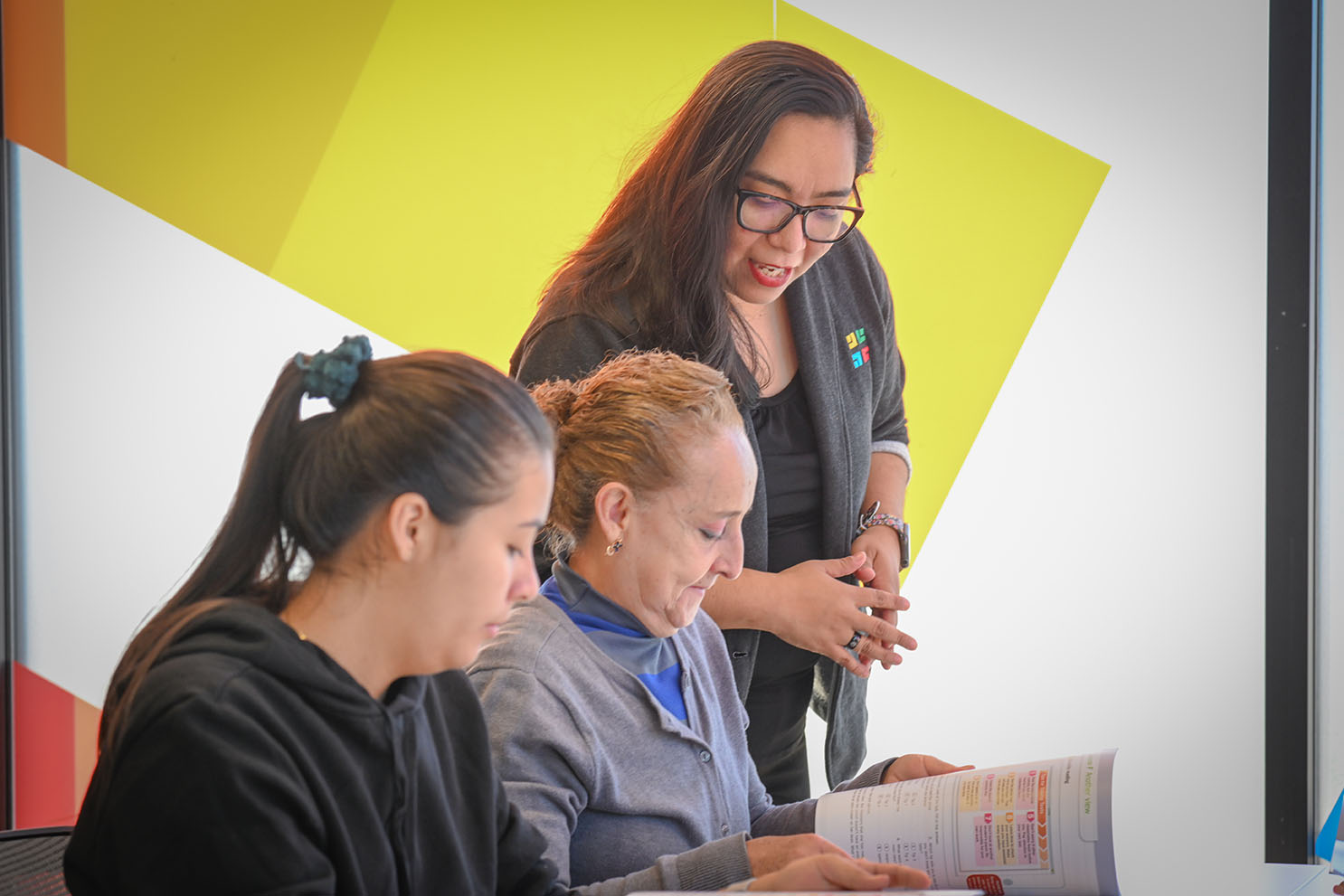Progress in California on paid family and medical leave provides critical new support for millions of working Latinas
Recent polling by UnidosUS and Mi Familia Vota found that economic issues are top-of-mind for Latino voters nationally. These concerns are shared by Latinas who persistently faced an outsized impact of the COVID-19 pandemic that disrupted their financial lives and often pushed them out of the labor force.
By: Brayan Rodriguez, Senior Policy Analyst, UnidosUS
However, in California the future looks a bit brighter. After years of work, advocates helped to enact Senate Bill (SB) 951: Affordable Paid Leave for All. The new law ensures that by 2025, millions of the state’s hard-working Latino residents will have access to paid family and medical leave. With this law, California now leads the nation in advancing powerful new benefits for working families that can address Latinas’ concerns about returning to the job market.
This latest step forward was a long time coming in California. In 2002, the state enacted the Paid Family Leave Act, which extended basic unemployment disability compensation to cover individuals who needed to take time off work to care for a seriously ill family member or for the arrival of a new child. The new law expands on this basic leave by ensuring more equitable access to disability insurance and paid family leave for low- and middle-income workers. Prior to this law, workers who couldn’t afford a 40% pay cut were being forced to keep working. The new law that matches 90% of a worker’s weekly earnings for those who make up to $57,000 a year is a positive step.
Measures like this help respond to issues we see across the nation. While this policy benefits every low-income worker, it especially will help to support Latinas who spend twice as much time as Latino men on household activities and caring for household members. Latinas have been hit hard in recent years. Pandemic-induced shutdowns and an increase in household and caregiving responsibilities drove millions of Latinas to leave the job market to handle family responsibilities. Though unemployment rates for all workers have since stabilized to pre-pandemic averages, Latinas’ unemployment rate remains at 4.5%—higher than their pre-pandemic low of 3%.
California’s new law is also an overdue public investment in the driving force of California’s labor market. Latinos are more than a third of California’s labor force. Within the community, Latinas are more likely to work in low-wage occupations that too often lack access to paid family and medical leave benefits.
Sporadic or inconsistent access to work is also a problem. As of August 2022, 1.4 million Latinas nationwide were not working due to family care responsibilities. Further, Latinas must contend with pay gaps across many forms of employment, but the largest gaps are concentrated in low-wage occupations like childcare workers, janitorial services, and housekeeping—many of which were deemed essential during the pandemic.
Imagine what policies like this could do to lift the economic status of Latino families across the nation. California’s new policy is both a smart and family-friendly policy that will support the economic well-being of California’s labor force and put the state on a path to economic prosperity.
California is also giving other states a formidable example to follow. Expanding access to paid family and medical leave for Latinas, Latino families and the Latino community is essential fuel for the nation’s economic engine.




